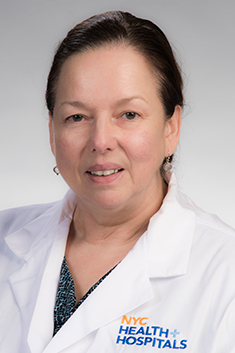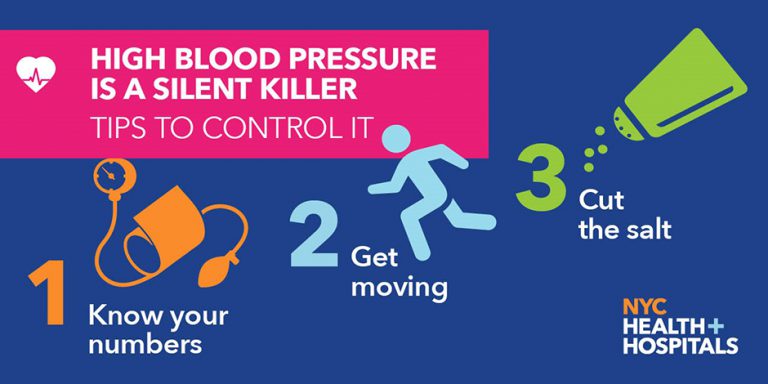Ask Our Expert: Depression or the Blues? How to Tell and Move Forward

Sadness is a normal healthy reaction to many events and people usually feel better over time as they deal with their emotions. But when someone is depressed, it can be very difficult to overcome feelings of extreme sadness and depression symptoms can continue for a long period of time. Depression is not just a matter of feeling blue; it’s a common illness that needs treatment.
Tatianna Polonsky, MD, a psychiatrist at NYC Health + Hospitals/Woodhull, provides some pointers regarding the signs and symptoms of depression and how to seek help and move forward.
YOU’RE NOT ALONE
If you think you may have symptoms of depression, know that you are not alone, it’s not your fault, and there is help. One in 12 adult New Yorkers suffers from depression. A person with depression cannot just “snap out of it.” If you suffer from depression, you may feel embarrassed – afraid of what others may think of you. But you should not feel afraid to speak up and get help. Like any medical condition, depression can be treated. You don’t have to go through this alone.
KNOW THE SYMPTOMS
- Persistent sadness, anxiousness, or feeling of emptiness
- Loss of interest or pleasure in activities, including sex
- Loss of appetite and/or weight loss or overeating and weight gain
- Sleeping too much or too little, early-morning awakening
- Decreased energy, fatigue, feeling like you are slowed down
- Restlessness, irritability, or excessive crying
- Feelings of guilt, worthlessness, helplessness, hopelessness, pessimism
- Difficulty concentrating, remembering, or making decisions
GET HELP
- If you have five or more of these symptoms, contact your doctor. If you are experiencing these symptoms nearly every day, for at least two weeks, and the symptoms are severe enough to interfere with your daily activities, you may have major depression. You can find treatment for depression within our health system. Here, you will be seen by a primary care physician who will screen you for depression, just like they would screen you for any other medical condition, such as diabetes or high blood pressure. The doctor works with a care team that helps you manage your depression. Our program is set up to work with your needs and schedule.
- If you are having suicidal thoughts, contact a friend, family member, call 1-888-NYC-WELL, or visit nycwell.cityofnewyork.us. If suicidal thoughts become so overwhelming that you develop a plan or feel you might not be able to resist the thoughts to end your life, call 911 or go to the nearest ER immediately.
BE PROACTIVE
- Don’t deny depression. Take action. Denying it or procrastinating will only make it worse.
- Stick to a routine even if you don’t feel like it. Make sure you get up and go to bed around the same time. Eat meals around the same time every day, even when you’re not hungry.
- Move your body. Exercise helps to clear your mind and improve your mood. Incorporate 30 minutes each day into your routine.
- Improve your sleep. Make sure you get the appropriate amount of sleep and stick to a similar wake/sleep cycle even on your days off.
- Be mindful of your diet. Nutrition is fuel. Make sure you start off the day with breakfast and be mindful of new ways to incorporate better eating habits. Be sure to drink enough water and limit caffeine and sugar intake.
- Reach out to others. People who are depressed tend to isolate themselves. Make an effort to connect with people and socialize a bit, even if you don’t feel like it. Work it into your routine as a way to ensure that you get out there and do it. Meaningful connections with other people will lift your spirits.
- Follow through on medical treatment. Treatment for depression is important. It can reduce symptoms of depression and your condition will improve. Treatment can include talk therapy, medicine, or a combination of the two. As depression affects people in different ways, treatment will also be different for everyone.
Get screened for depression by one of our primary care doctors. Click here to find a doctor near you.



